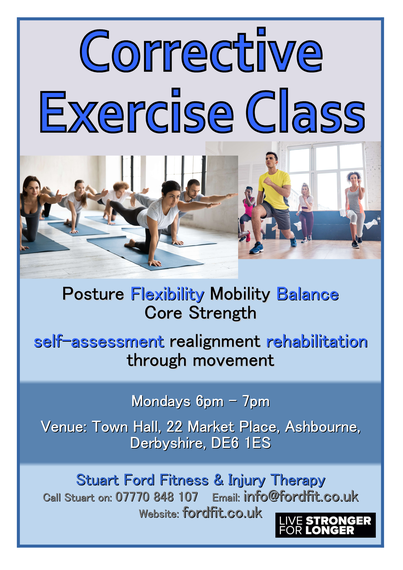injury therapy

Treating muscle pain and joint stiffness, using sports massage, osteo style treatment, and physical rehab exercises. For back pain, hip and pelvic pain, shoulder stiffness, neck stiffness, headaches, knee problems and much more...
WHAT IS INJURY THERAPY?
Anyone who has had a long-term back injury, postural dysfunction, or some kind of chronic pelvic pain (for example), knows that it is very difficult to find a health professional that can offer a long-term solution.

MANUAL THERAPY IS A CONFUSED SYSTEM?
There are many manual therapist options available, the public are often not aware of some of them.
So who do you choose?
Osteopath, Physiotherapist, Chiropractor, Sports Therapist, Personal Trainer, Sports Massage Therapist?
The world of physical therapy is disjointed and confusing and no one can agree on which is the best approach to tackling muscle and joint problems, not even within each profession!
AN INJURY THERAPIST

To call yourself an Injury Therapist, you need to be 'Multi-Skilled' and have a broad understanding of both the human body and the various methods used across the professions of musculoskeletal therapy. This is what I have tried to do and although I would not claim to be an expert in any one field, I have learned a few truths...
- There is no one way, every back, hip or shoulder problem, calls for a different approach.
- There is no easy fix, there is always a hard path to follow, of consistency, optimism and grit, involving rehab exercise, lifestyle help, and nutritional advice .
- Corrective exercise and movement are the key to long-term results, but things like emotional stress also needs to be managed.
- Improving function, rather than focusing on pain relief, is a far more productive path to follow, for long-term pain management, physical health and capability.
- The body and the mind cannot be separated, each affects the other.
- The patient and therapist, both need to work together to be successful in treating muscle and joint problems.
Back to The Question
So to answer the question 'What is Injury Therapy' in short and to describe what I offer, it is a mixture of everything I have learned and it will usually entail the following:

Assessment
- History taking, including medical history
- Comprehensive assessments, including: posture, range of movement, strength testing, neurological testing and palpation
Treatment
- Massage
- Stretching
- Joint articulation
- A multitude of exercises to strengthen, realign, balance and retrain the body in whatever has been lost along the way

TYPES OF COMMON INJURIES & CONDITIONS ADDRESSED
- Back Ache
- Lower Back Strain
- Slipped Disc (Herniated Disc)
- Sacroiliac Joint Dysfunction
- Piriformis Syndrome
- Sciatica
- Twisted Pelvis
- Pelvic Upslips
- Sacral Torsions & Shears
- Vertibral Torsions
- Scoliosis, Hyper Lordosis & Kyphosis

- Stiff Neck & Headaches
- Whiplash
- Frozen Shoulder (Adhesive Capsulitis)
- Tennis Elbow (Lateral Epicondylitis)
- Ankle Sprains
- Flat Feet
- Carpal Tunnel Syndrome
- Repetitive Strain Injury (RSI)
- Shin Splints
- Groin Strain
- Tight Hamstrings

Corrective Exercise Class
My Corrective Exercise Class was originally designed to compliment my sports massage and injury therapy service. It is great for both my clients and the general public, especially if you are suffering from a musculoskeletal issue that you would like to tackle. All you will need is an exercise mat, and a foam roll. Please get in touch if you would like to know more, but here is some more info on the class...
Including:
Posture, flexibility, mobility, balance, core strength, self-assessment realignment rehabilitation through movement
Price Info:
Booking your place may be pertinent, in case numbers spiral!
Single sessions are £8, four sessions for £28, family discounts also available.
Mondays 6pm - 7pm
Venue: Town Hall, 22 Market Place, Ashbourne, Derbyshire, DE6 1ES